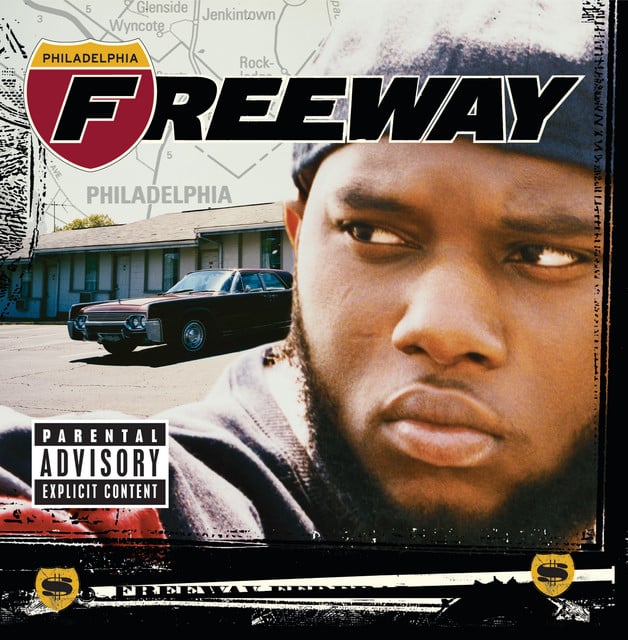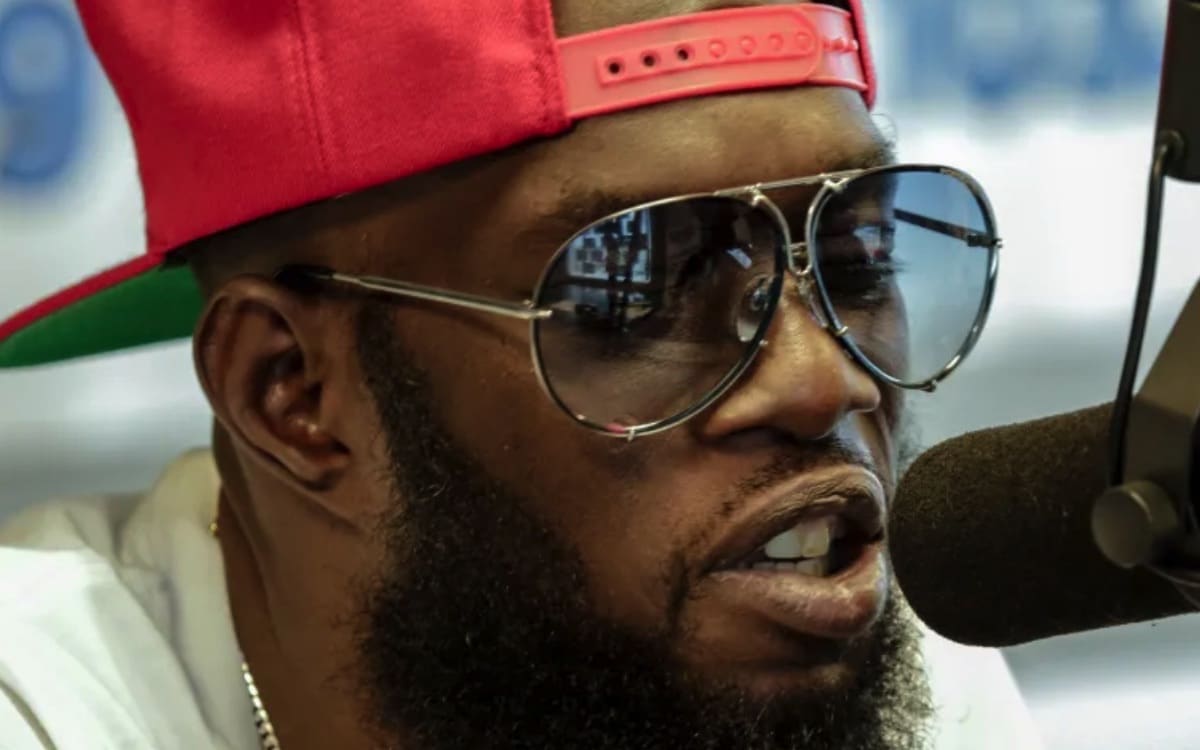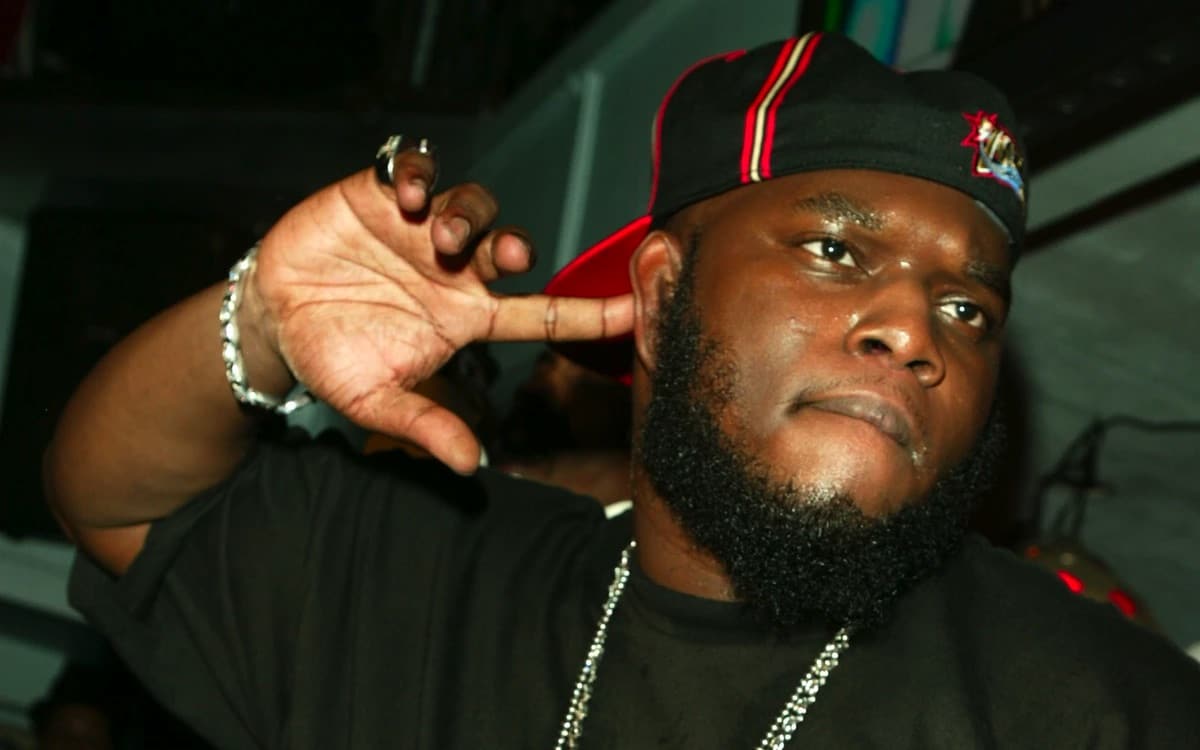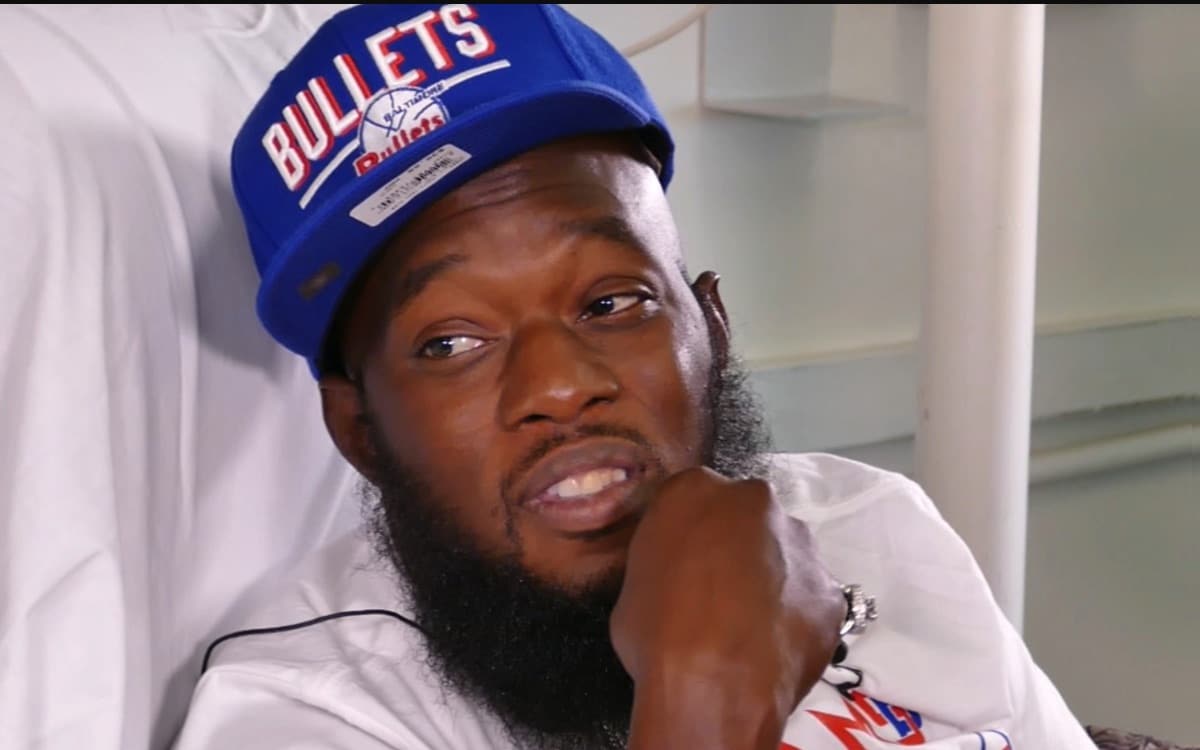Released: 2003 • Features: JAY-Z, Beanie Sigel
“What We Do,” by Freeway, featuring Jay-Z and Beanie Sigel, lays bare the stark, gritty realities of the streets, focusing on the moral paradox of surviving in the system. It’s a jarring symphony of survival where signing record deals, missing meals, cop chases, and silent prayers become part of daily experiences.
The chorus, echoed throughout, “(Even though what we do is wrong)” hits on the central theme here. It speaks of the tough choices individuals make when boxed into the harsh, unforgiving corners of the street life. This line acknowledges the moral ambiguity that threads through their actions, but poses it as a life-or-death ultimatum rather than a simple choice.
We see Freeway’s verse dominated by a cold street narrative. “It’s a cold winter, y’all niggas better bundle up” – he warns of the harsh realities of the streets. “If a sneak start leaning and the heat stop workin’ then my heat start working, I’ma rob me a person” – this line underscores that for him, survival is paramount and he’ll do what he needs to ensure it. Additionally, the mention of feeding his kids can be seen as a justification for the life he leads.

Then there’s JAY-Z with a verse that starts, “Mang, let me get ’em Free”. Here, Hov gives a nod to Pac-Man, an old-school video game about eating pellets and running from ghosts as a metaphor for his own hustling experiences, a game of cat and mouse with the law. He also showcases his determination to feed his child, “I gotta feed Tianna, mang”—his own survival is entwined with being a provider yet again zooming onto the driving force behind these ‘wrongful’ actions.
For Beanie Sigel’s part, he contributes a verse laden with societal commentary. When he spits, “Gramps still praying, working on my nerves man / Like, ‘Son, you gotta get your soul clean before they blow them horns like Coltrane’,” the tension between the street life and the quest for redemption surfaces. It raises profound questions about the societal circumstances that compel them into this ‘dog-eat-dog’ world.
In essence, “What We Do” is a masterclass in complex narratives. It is an unfiltered, brutal reflection of the harsh realities that both glorify and vilify life on the streets. It’s a snapshot of life through the eyes of those who’ve lived it — a world where morality, survival, and hope walk a tightrope, striking a delicate balance in the quest for a better tomorrow.






